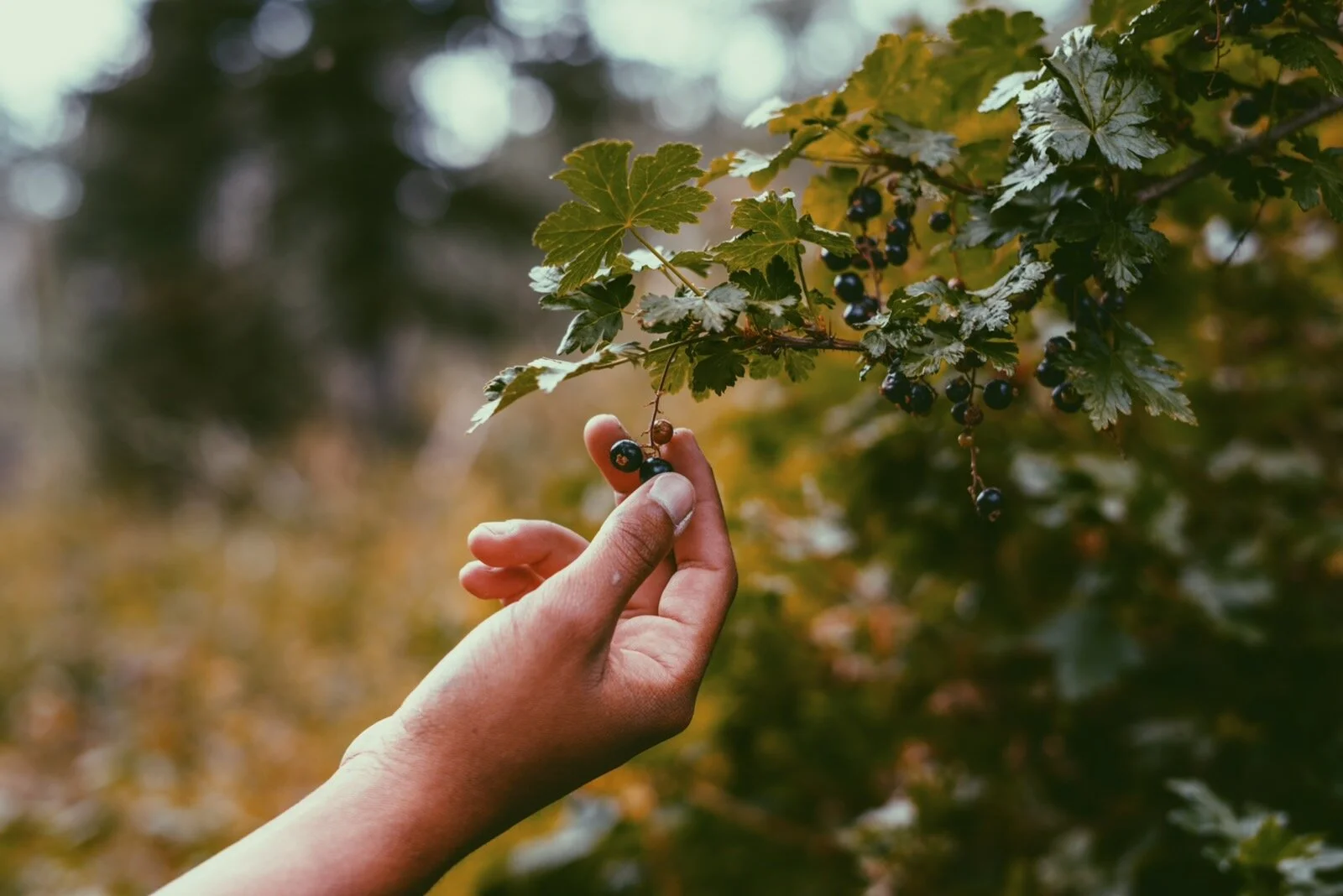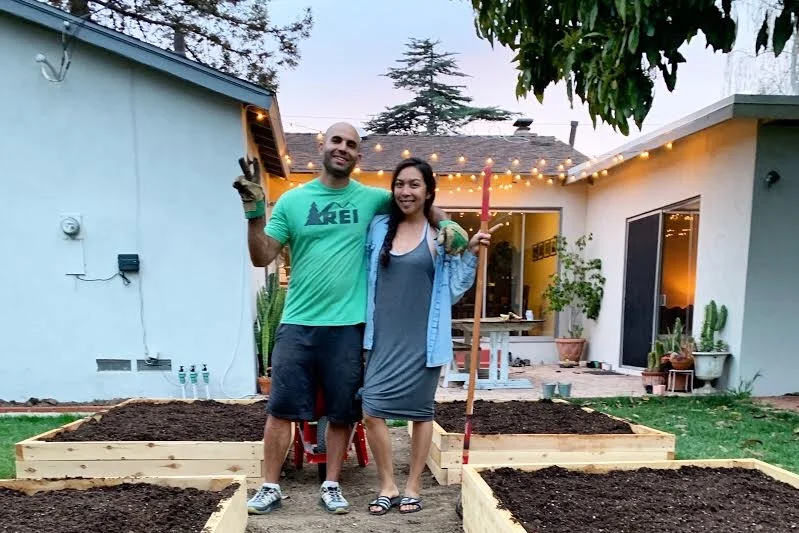An Afro-Indigenous Approach to Food Sovereignty
Photo by: Isra Daraiseh (IG: @ShotsbyYusra)
Recently, there’s been a lot of buzz about Indigenous restaurants opening up across the country. Last year, Wampanoag chef, Sherry Pocknett, made history as the first Indigenous woman to win the James Beard Award for Best Chef (Northeast region). Her restaurant, the Sly Fox Den, is located in Charlestown, Rhode Island, and highlights the unique culinary traditions of the Wampanoag peoples.
A few years before Pocknett’s win, Sean Sherman (Oglala Lakota) made headlines when his 2017 book, The Sioux Chef won a James Beard award for Best American Cookbook. Sherman would go on to make history again when he opened Owamni, the first Indigenous fine dining restaurant in Minneapolis. Although these newsworthy chefs might seem like something new, they're part of a long history of sustained Indigenous efforts across the country.
Discussions around food sovereignty have existed for hundreds of years—ever since the first European colonizers arrived in the Americas. When Native tribes were forced to surrender to European, and later American militaries, they negotiated treaties. Central to many of the treaties was the ability to retain hunting and fishing rights on their ancestral land. Of course, those treaties were never honored and many tribes were forced from their traditional lands to unfamiliar territories, “disrupting food systems and lifeways”.
Photo by: Isra Daraiseh (IG: @ShotsbyYusra)
Before European colonization, Native Americans in certain regions across “Turtle Island” relied heavily on specific foodways for their survival and well-being, from hunting bison to fishing salmon to planting the Three Sisters. The U.S. government used mass slaughter, overfishing, dam construction and single crop farming as genocidal tactics to deliberately target Native foodways and Native communities. Those are just a few examples.
I was lucky enough to catch up with Antonio Rafael, an Afro-Indigenous (Boricua/Coahuilatecan) agro-ecologist, educator, outdoorsman, artist, beekeeper, and gardener from Waawwiyataanong, or Detroit. He is closely involved with collaborative efforts to reclaim Indigenous foodways.
Born and raised in southwest Detroit, Antonio began reconnecting to his Indigenous roots after college. He started with community organizing for water justice; pushing back against the privatization of water and the resulting shutoffs. From there, he explored urban gardening as a way to heal and reconnect with nature in Detroit.
He is a core part of the Black to the Land Coalition which encourages Black and Brown youth to get back in touch with ancestral land-based practices. During our interview, he noted that urbanized Indigenous peoples have a different relationship to the land than those living on rural reservations. Part of his work has been to bridge the gap by focusing on traditional ecological activities and foodway.
For the past four years, the Black to the Land Coalition has (re)introduced young Detroiters to mushroom foraging, hunting, fishing, winter sports, skiing, and sledding. Going beyond recreation, they seek to develop leaders and critical thinkers, “We’re trying to bridge that gap and combat tokenization in conservation spaces,” said Antonio during our interview. “Like, what exactly are we conserving?”
Of all of the projects he’s coordinated with the Black to the Land Coalition, he is proudest of the Sugarbush project. With help from an Afro-Native coalition, including Shakara Tyler (Detroit Black Food Network) and David Pitawanakwat (Wiikwemikoong First Nations and the Detroit Indigenous Peoples Alliance), they brought back the sugarbush tradition to Detroit. They also helped to redesign interpretive signage to promote the Afro-Indigenous stewardship of maple trees in the city.
Although there have been difficult times, and occasional run-ins with police, seeing young BIPOC Detroiters reconnect with nature keeps him going. “[Reclaiming food sovereignty] has to be inter-generational work,” Antonio concluded. “It has to be beautiful, fun, sexy, and fulfilling—and [it] takes good people and good organizing.”
To learn more about Antonio’s work, check out Black to the Land Coalition.









Mario founded the nonprofit Un Mar de Colores to bring global majority kids in San Diego County to the beach and teach them to surf, be safe in the ocean, and be stewards of the environment. This is where the magic happens.